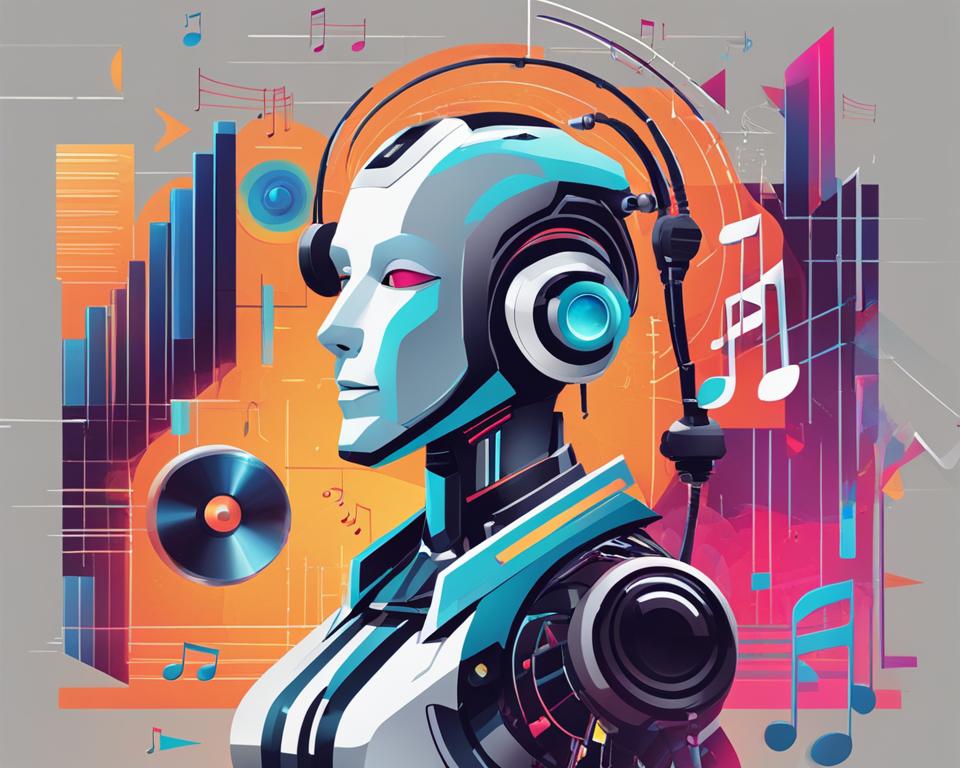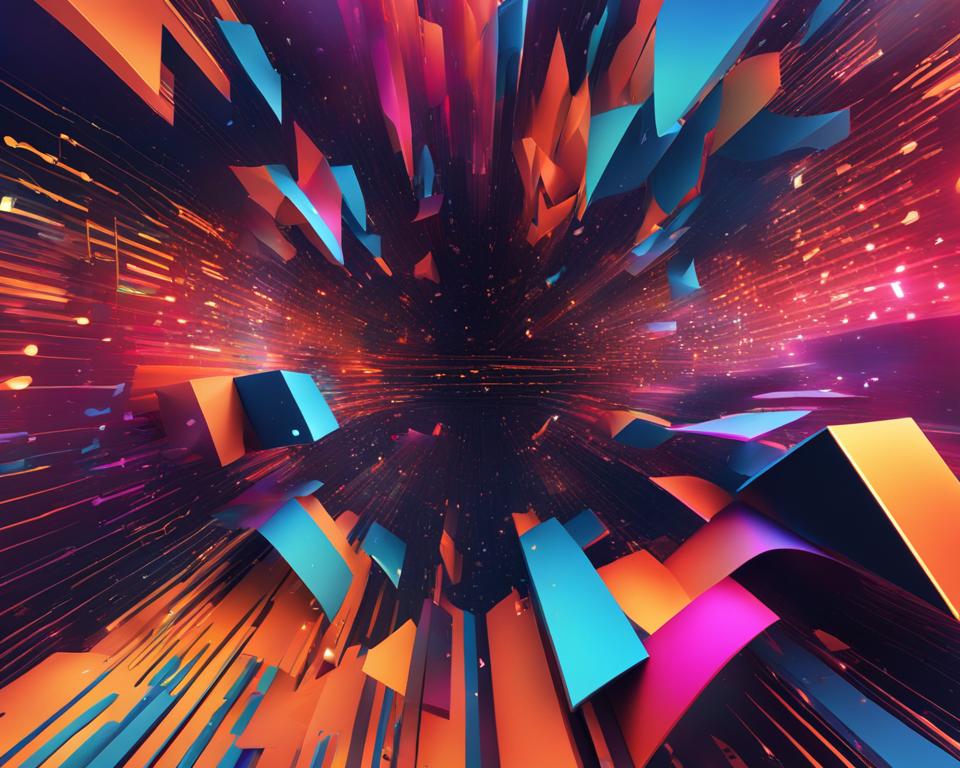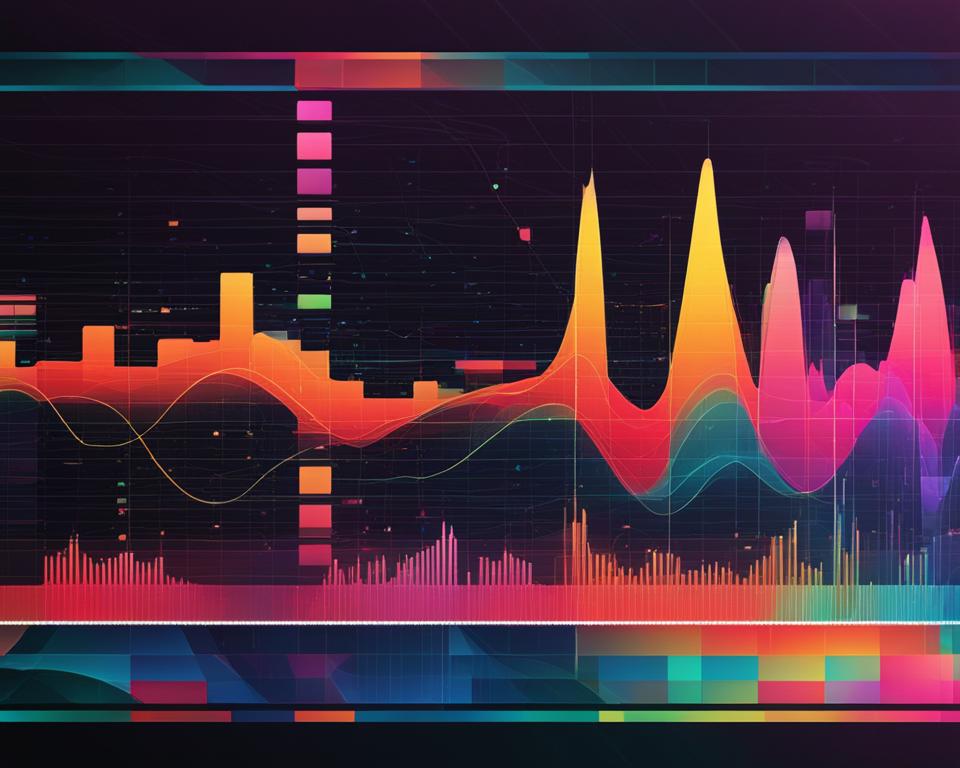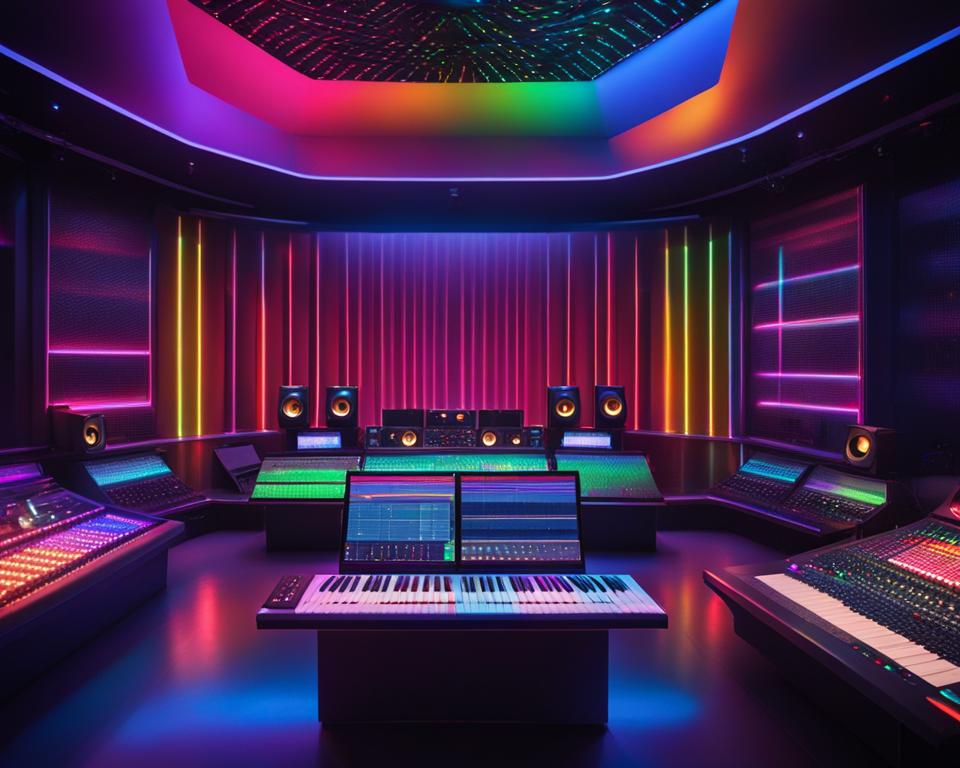As a professional journalist, I’ve always been fascinated by the capabilities of artificial intelligence in various industries. Now, I’m turning my attention to the music industry, where AI is being used as a judge in talent contests. In this article, I’ll provide a comprehensive look at the abilities of an AI music judge and investigate the ongoing debate surrounding its accuracy. Additionally, I’ll explore the evolution of AI in music creation and production, the influence of AI on artists and the industry, and speculate about the potential future of AI-driven music. So, let’s get started!
The Evolution of AI in Music Creation and Production
The use of AI technology in music creation and production has significantly evolved over the years, leading to groundbreaking advancements and innovations. With the emergence of machine learning algorithms and other AI-based techniques, it is now possible to produce music that was once deemed impossible.
| Key Milestones | Advancements in Technology |
|---|---|
| The first music software programs |
|
| The development of intelligent sound analysis |
|
| The emergence of AI-generated compositions |
|
| The integration of AI in live music performances |
|
The evolution of AI in music creation and production has also led to the emergence of AI-based music competitions and judges. These automated systems utilize AI algorithms to assess musical talent and provide scoring or feedback. However, the reliability and accuracy of such systems are still up for debate.
AI Algorithms and their Role in Composing Music
Artificial intelligence has made significant strides in music creation, and AI algorithms have become an essential part of the composition process. By analyzing vast amounts of existing music and recognizing patterns and structures within them, machine learning algorithms can generate original pieces of music that sound authentic and often mimic the style of renowned musicians. These pieces can range from simple melodies to complex orchestral arrangements.
One example of such an algorithm is Amper Music, an AI-powered music creation platform that allows users to generate professional-sounding music in minutes. Another popular tool is Jukedeck, which uses AI to compose original background music for commercial use. These tools offer musicians and non-musicians alike the ability to create music quickly and efficiently.
However, the creative limitations of AI-generated music must be acknowledged. Music is not merely a set of patterns and structures; it is also a form of artistic expression that conveys emotions and experiences. AI-generated music may lack the distinctiveness and personality of human-generated music, and it cannot capture the unique nuances that make music so special to listeners.
| Pros | Cons |
|---|---|
| AI algorithms can analyze vast amounts of existing music to generate new pieces quickly and efficiently. | AI-generated music may lack the emotional depth and personal touch of human-generated music. |
| AI tools have made music creation more accessible to a broader audience. | AI-generated music is limited in its creativity and may struggle to capture the uniqueness of a particular artist or genre. |
| AI can potentially create new styles of music that are not possible for humans to conceive. | The use of AI in music may lead to a loss of traditional artistic values. |
Ultimately, AI algorithms have the potential to revolutionize music creation, but they cannot replace human creativity and empathy. The role of AI in music production must be one of collaboration between man and machine, as it is their synergy that will lead to truly groundbreaking music.
Enhancing Music with AI Technology
Artificial Intelligence has brought about a significant impact on the music industry. Besides composing music, AI technology is also used to enhance music production and refine the performances of musicians.
One of the most significant ways AI is utilized to improve music production is by enhancing audio quality. AI algorithms analyze audio signals, identify distortions and noise, and automatically correct them with precision, resulting in superior sound quality.
The use of AI technology allows us to tackle the common problems of audio distortion and unwanted noise, producing superior sound quality that would be difficult for humans to achieve consistently.
– Larry Smith, Sound Engineer at MusicTech Studios
AI technology is also used in mix engineering, where it analyzes the frequency spectrum, dynamics, and tonal balance of individual tracks to mix them, balancing levels and effects to create a cohesive sound. Furthermore, AI algorithms enable faster and more efficient mastering processes, which involve adjusting audio levels, equalization, and compression to prepare it for distribution and playback.
Another critical use of AI technology in music enhancement is assisting musicians in refining their performances. By analyzing a live or recorded performance, AI algorithms provide feedback to artists, enabling them to identify areas to improve, such as timing, pitch, and intensity.
In conclusion, the use of AI in music enhancement is a growing trend, with huge potential to revolutionize the way we experience music. By improving the audio quality, mix engineering, and mastering processes, and refining the performances of musicians, AI algorithms are transforming the role of technology in the music industry.
The Influence of AI on Artists and the Music Industry
Artificial intelligence has impacted the music industry in various ways, from revolutionizing music creation to transforming how artists collaborate. With advancements in AI technology, new opportunities have emerged for musicians and the industry. However, there are also concerns and controversies surrounding the use of AI in music.
One area where AI has made a significant impact is in music creation, allowing artists to experiment with new sounds and styles. Machine learning music judges have opened up automated music competition judging, and AI-based music competition judges have become more prevalent.
Collaboration between artists has also been transformed by AI. With the use of machine learning algorithms, artists can work together remotely and in real-time, enhancing the creative process and leading to new and exciting collaborations.
The music industry has also been impacted by AI, particularly in the way it operates, including business models such as streaming platforms. AI algorithms are utilized to analyze user listening patterns and suggest music that aligns with individual preferences and interests, leading to more personalized and engaging music experiences.
However, there are also concerns surrounding the use of AI in music, including fears of job loss and the potential for AI to replace human musicians. Additionally, questions about ownership and copyright arise with the use of AI-generated compositions.
“The use of AI in music is a double-edged sword. While it has undoubtedly revolutionized many aspects of the music industry, it also poses significant challenges and concerns. It is essential to strike a balance between harnessing the benefits of AI technology while addressing the associated risks and ethical issues.”
AI-Powered Music Competitions and Judges
AI-powered music competitions have revolutionized the way music talent is judged. With automated music competition judging, AI algorithms are used to evaluate performances, eliminating the subjectivity and potential bias of human judges.
One of the advantages of AI judges is that they can analyze vast amounts of data in a short amount of time. They can evaluate factors such as pitch accuracy, rhythm, tone, and genre adherence. Furthermore, AI-based music competition judges can provide constructive feedback to participants and help them improve their skills.
However, there are also disadvantages to using AI judges. Critics argue that AI algorithms lack the ability to appreciate musical nuances and interpret the emotional expression of a performance that human judges can. Furthermore, some question the transparency and reliability of AI-based scoring systems, prompting concerns about fairness and accuracy.
Despite these criticisms, the use of robotic music competition judges is becoming increasingly prevalent, and the technology is continuously evolving. The future potential of AI-powered music competitions and judges may pave the way for new opportunities and challenges in the music industry.
The Future Potential of AI in Music
As technology continues to advance at a rapid pace, the music industry is set to experience significant changes. With the increasing use of AI in music creation and production, the potential for AI-driven music to become the next big trend in the industry is becoming more apparent.
The AI potential for music creation is immense. AI algorithms can already analyze melodies, chords, and rhythms in existing compositions, allowing for the creation of new and unique musical pieces. With further advancements in machine learning, AI-powered music may even surpass human-composed music in terms of complexity and originality.
Furthermore, AI technology has the potential to enhance the collaborative process of songwriting and music production. By using AI-powered tools, musicians can collaborate with other artists and co-create music in ways that were previously impossible. This could result in more diverse and innovative musical compositions.
However, the integration of AI into the music industry comes with challenges. One of the biggest concerns is the potential displacement of musicians and industry professionals. As AI continues to evolve and replace human roles, it could lead to significant changes in the music landscape.
Despite the challenges, the future potential of AI in music is undeniable. As this technology evolves, the way we create, produce, and consume music will continue to change in exciting and innovative ways.
Conclusion
In conclusion, I have discussed the capabilities and limitations of an AI music judge, along with the evolution and impact of AI on music creation and production. We explored the role of AI algorithms in composing and enhancing music, as well as the influence of AI on artists and the music industry. We also looked at the use of AI in automated music competitions and the potential for AI to further revolutionize the music landscape in the future.
While AI technology has revolutionized many aspects of the music industry, it is important to remember that it is not a substitute for human creativity and emotion. AI can certainly assist in various processes, but it cannot replace the unique and subjective human experience of music. Therefore, it’s crucial to strike a balance between the use of AI and human involvement in music production and performance.
Overall, AI has tremendous potential in the music industry, and we can expect further advancements and innovations in the years to come. As technology continues to evolve, we may see more AI-based music competitions and judges, along with new and exciting ways for musicians to collaborate and create. However, we must also remain mindful of the ethical and cultural implications of AI in music and ensure that it serves as a tool to enhance rather than replace human creativity and expression.
Thank you for reading this article on AI music judging, and I hope it has provided you with valuable insights into this fascinating topic.




